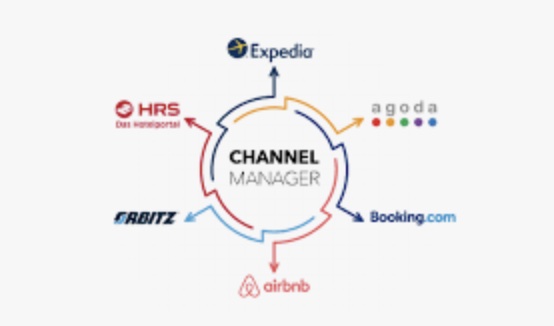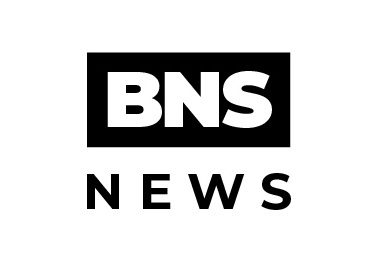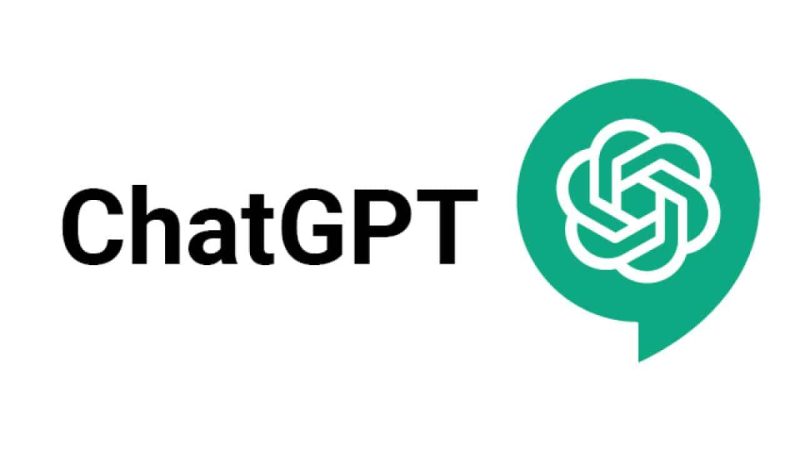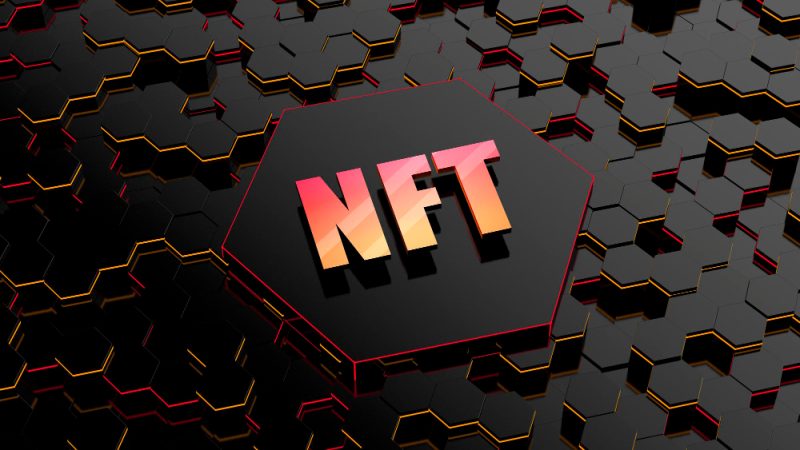The Channel Manager: An Essential Tool for Optimizing Reservation Management

|
Getting your Trinity Audio player ready...
|
The hospitality and tourism industry has undergone a radical transformation with the advent of digital technologies. Among the innovative tools that have emerged, the channel manager has become an indispensable asset for managing establishments. This article explores in depth what a channel manager is, how it works, and the benefits it offers to professionals in the sector.
What is a Channel Manager?
A channel manager is a reservation management software that allows hotels, bed and breakfasts, and vacation rental establishments to easily and efficiently manage their online distribution channels, Booking, Airbnb, Expedia. Essentially, it centralizes all reservation information from various channels such as online travel agencies, comparison websites, and direct booking systems.
This software synchronizes room availability in real-time across all connected channels, thus avoiding problems such as overbooking or double bookings. Synchronizing calendars is therefore one of the key features of a channel manager.
Basic Functioning of the Channel Manager
When a customer books a room through an online travel agency, the channel manager automatically updates availability on all other associated channels. This allows for an automatic update of the available room inventory without the need for manual intervention.
This tool also manages reservations, cancellations, and modifications, ensuring task automation, which is essential to reduce human errors and improve operational efficiency.
Integration and Compatibility
The strength of the channel manager lies in its ability to integrate with various systems already in place within hospitality establishments. It often connects to Property Management Systems (PMS) and Revenue Management Systems (RMS), offering a holistic view of hotel management. This seamless integration truly simplifies the daily life of establishment managers.
Professionals can fully leverage the advanced features offered by these tools. For instance, some channel managers also allow managing financial reports, analyzing sales performance, and making data-driven decisions.
The Benefits of a Channel Manager
Using a channel manager offers several notable advantages. Here are some key benefits:
- Increased efficiency: By enabling hotels to manage multiple channels simultaneously, the channel manager significantly reduces the time required to manually update each booking platform.
- Reduced errors: The automatic synchronization of bookings minimizes the risks of overbooking and human errors.
- Revenue optimization: By maximizing the exposure of their offer on relevant distribution channels, hotels increase their occupancy rates and revenues.
- Powerful analysis: Integrated analytics tools help better understand the performance of different channels and optimize the sales strategy accordingly.
Some channel managers even offer options to automatically adjust prices based on demand and competition, which can significantly boost revenues.
Practical Example: Managing a Boutique Hotel
Imagine a boutique hotel with around ten rooms. Before adopting a channel manager, the staff had to manually check and update availability on each booking platform they used. This process was not only time-consuming but also prone to errors.
With the integration of a channel manager, all bookings are automatically updated across all channels in real-time. The hotel manager can now dedicate more time to enhancing the guest experience rather than managing tedious administrative tasks.
How to Choose the Right Channel Manager?
There are many channel managers on the market, each with its own features and benefits. To choose the right tool, here are some essential criteria to consider:
Compatibility with Existing Systems
Ensure that the channel manager is compatible with the systems already in place at your establishment, such as PMS or RMS. Good integration guarantees a smooth transition without disrupting ongoing operations.
It’s also useful to consider if the channel manager offers open APIs, allowing customization or adding new features according to the specific needs of the establishment.
Ease of Use
Choose an intuitive and easy-to-use channel manager. The user interface should be clear, and the main features should be quickly accessible. Minimal training should suffice for staff to begin using the system efficiently.
A complex interface may discourage users and lead to errors or inefficient use of the tool.
Customer Support and Technical Assistance
Opt for a channel manager that offers excellent customer support. In case of technical problems or questions about usage, quick and effective assistance is crucial.
Also, check the available training resources, such as user guides, video tutorials, and webinars, to maximize the use of the channel manager.
The Future of Channel Managers
With technological advancements and ever-increasing consumer expectations, channel managers will continue to evolve to offer even more advanced features. We can expect to see improved integrations with technologies such as artificial intelligence and machine learning, which will allow predicting booking trends and recommending optimized pricing strategies.
Automation and Artificial Intelligence
Task automation will become more sophisticated. The channel managers of the future may automate even more aspects of reservation management, from real-time price updates to personalized communication with potential clients.
Artificial intelligence could analyze customer behavior to offer personalized room and service suggestions, thereby increasing customer satisfaction and loyalty.
Connection with Emerging Platforms
As new online travel agencies and booking platforms emerge, channel managers will need to evolve to integrate these new players, providing comprehensive market coverage.
This expansion will allow establishments to reach a wider and more diverse audience, maximizing their indirect sales through an extensive reseller network.
In summary, the channel manager is an essential tool for any hospitality business looking to optimize reservation management and increase revenue through multiple distribution channels. Its adoption allows real-time calendar synchronization and automation of tedious tasks, freeing up valuable time for managers and enhancing the guest experience. Whether you run a small family hotel or a large hotel chain, investing in a good channel manager has become indispensable.






